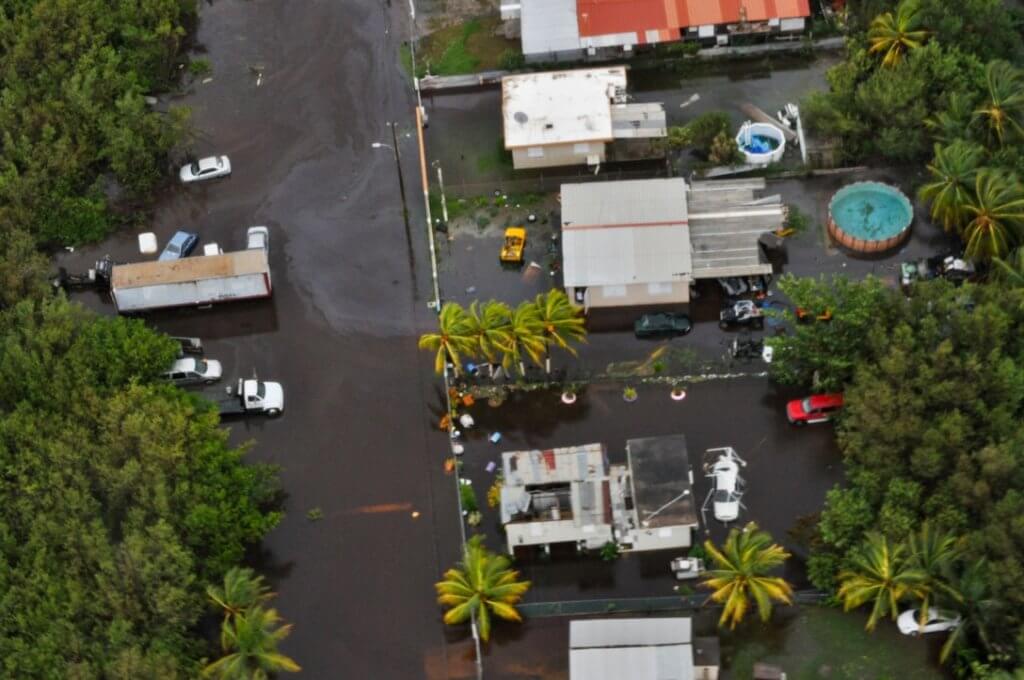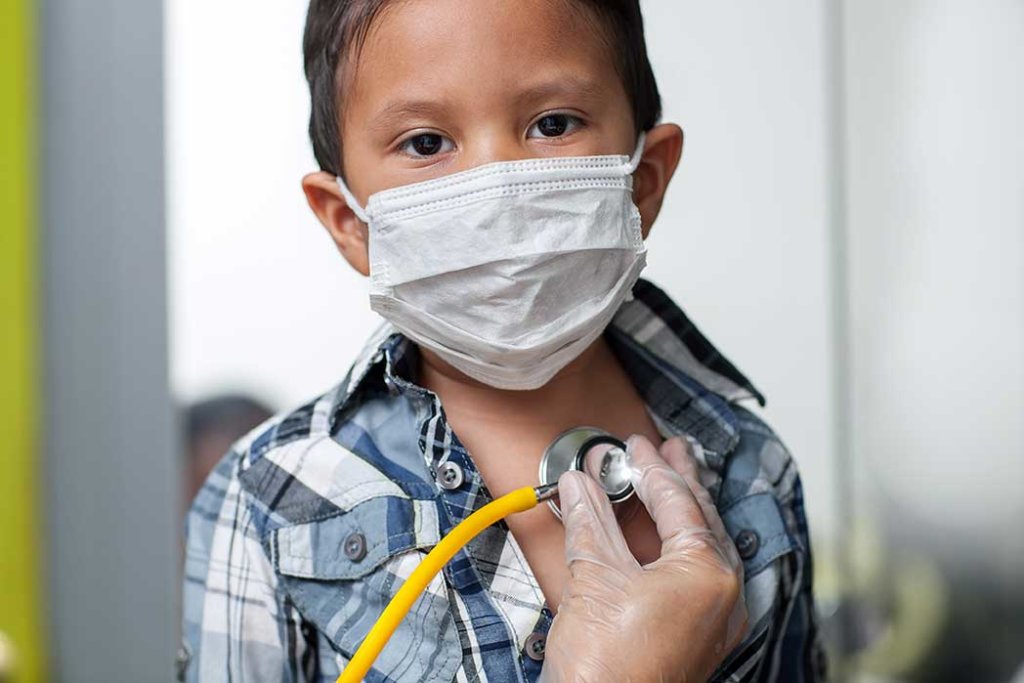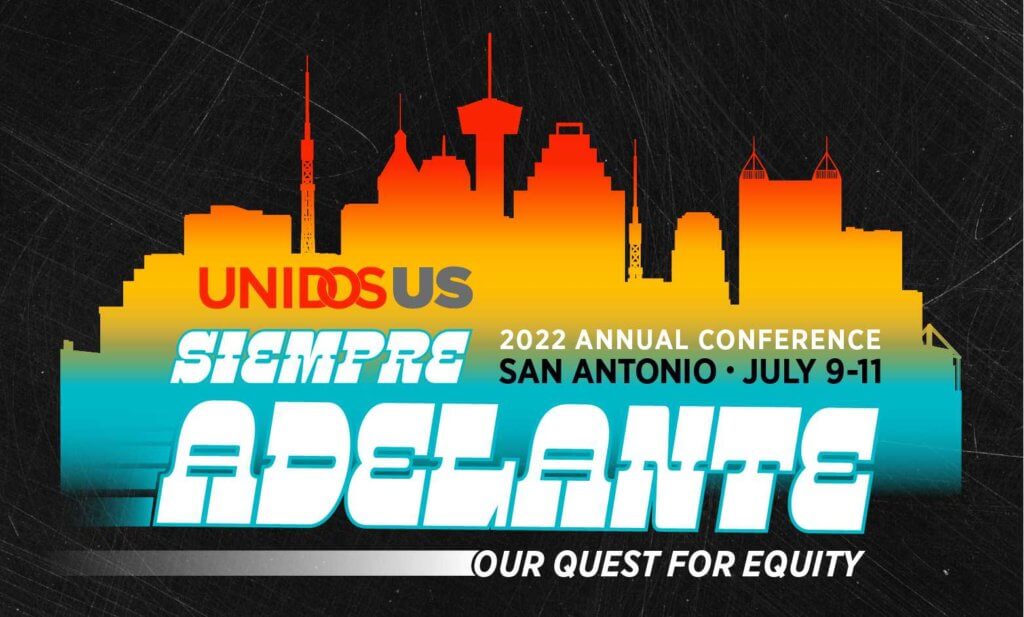UnidosUS Affiliate Hispanic Services Council talks about the challenges of Medicaid enrollment
By Stephanie Presch, Content Specialist, UnidosUS
In April, President Biden signed the American Rescue Plan Act into law, aimed at restoring the nation’s health and economy. Among the many provisions contained in the law were incentives for states to adopt expanded access to Medicaid if they hadn’t already.
One of those states is Florida, where UnidosUS Affiliates help members of the community enroll in Medicaid.
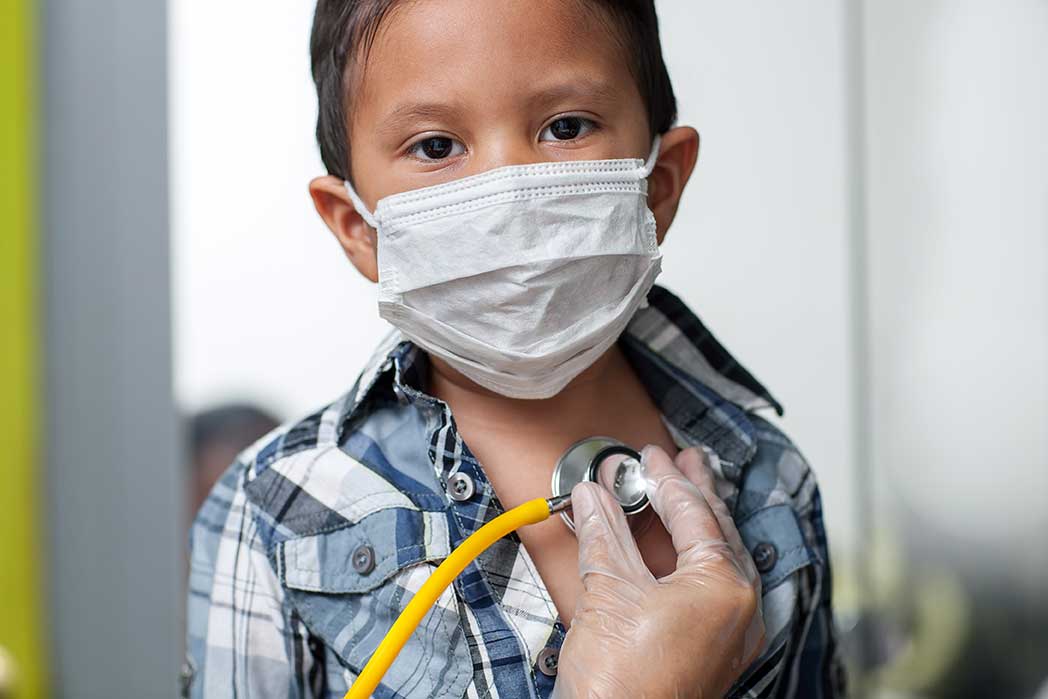
“Promotoras de salud are the link between social services and the community itself,” explains Frances Luna, Promotora Program Manager at UnidosUS Affiliate Hispanic Services Council (HSC).
The promotoras—or community health workers—are themselves members of the community that they serve. As a result, they are able to approach clients where they are and share information about eligibility and why it’s important to have access to health care in the United States.
Hispanic Services Council works in both rural and urban communities in the Tampa area, with both documented and undocumented people.
Income eligibility is one of the most significant challenges that HSC faces when trying to get eligible people enrolled in Medicaid.
“A promotora shared that one of her clients was denied eligibility into the Medicaid program because their salary was over the limit by just one dollar,” Luna adds.
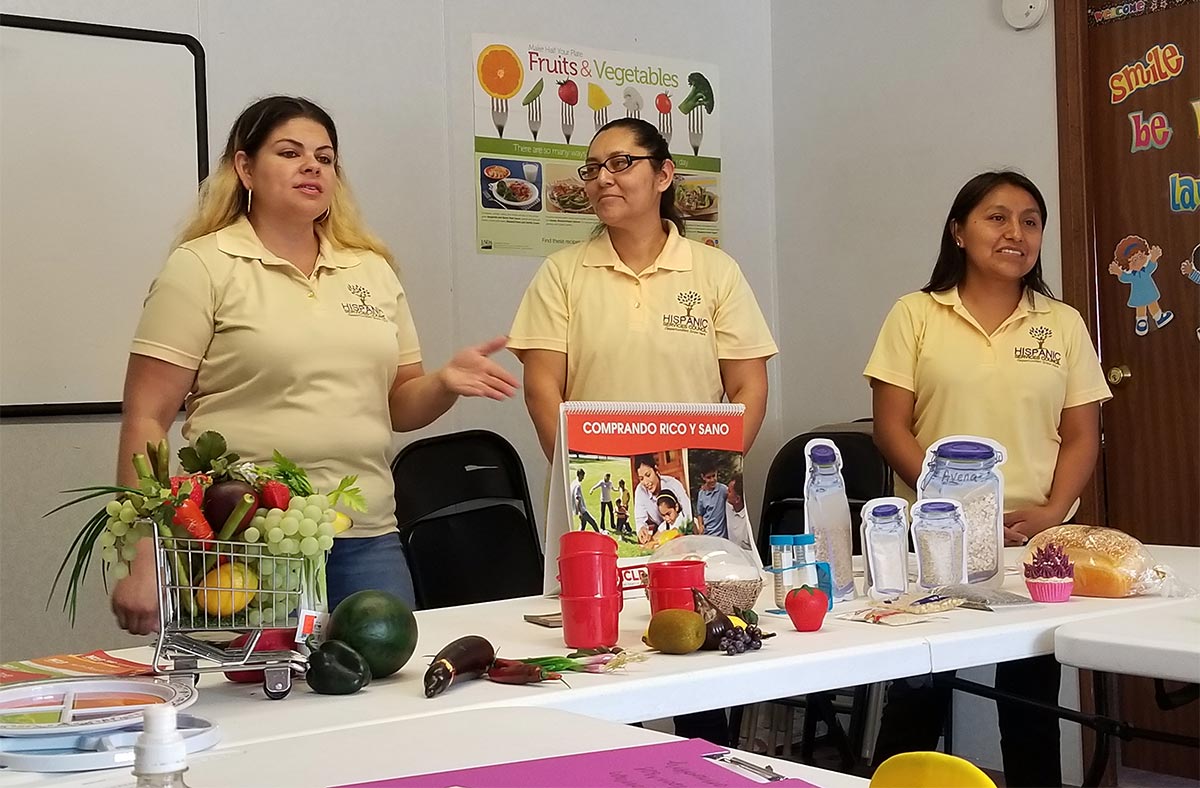
All too often, families don’t qualify. However, thanks to KidCare in Florida, even if parents don’t qualify for Medicaid, their child may qualify for KidCare.
Luna notes that during the COVID-19 pandemic, this wasn’t the only challenge that her clients experienced. The Florida Department of Children and Families (DCF) was flooded with inquiries, and clients had difficulty getting through.
“They set up a system where you were required to contact DCF for assistance. They were so overburdened with calls for help that people were placed on hold for hours,” Luna says.
Despite the challenges that the promotoras have encountered when enrolling eligible community members, Luna says, HSC has still had some success in ensuring that families have access to the health coverage they need.
“In Florida, if you apply for [coverage for your] children, and as long as they are eligible within the household income, they automatically get approved. So even if they are not eligible for Medicaid, they might be eligible for a program like KidCare,” Luna explains.
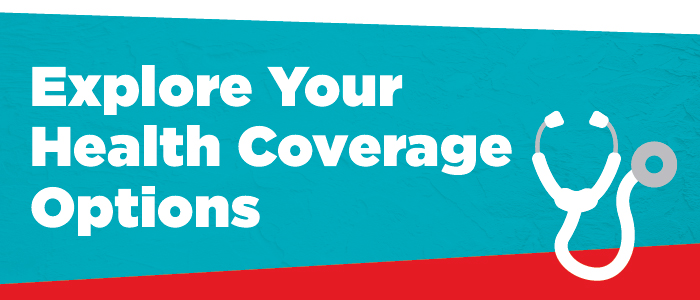
Even though the process to apply for Medicaid or other health insurance can be cumbersome, Luna stresses that it’s worth it in the end. “Having health insurance is a way for them to have that peace of mind,” she says. It means, for example, that if a child is sick, their parents don’t have to worry about the expense when taking them to the doctor.
But while HSC and its promotoras can enroll many families in health care programs like Medicaid or the Hillsborough County Health Care Plan, there are still a lot of people who remain uninsured, notably, the undocumented. Many of them are people who would qualify, but who don’t due to their immigration status.
“There is an urgency for people to maintain their health, but the tools and resources they need are not available to them because of their status,” Luna explains.
For more information on benefits that you and your family may be eligible for, visit healthcare.gov.
